08 Oct Special Needs Educators: Building a solid foundation for Inclusive Education
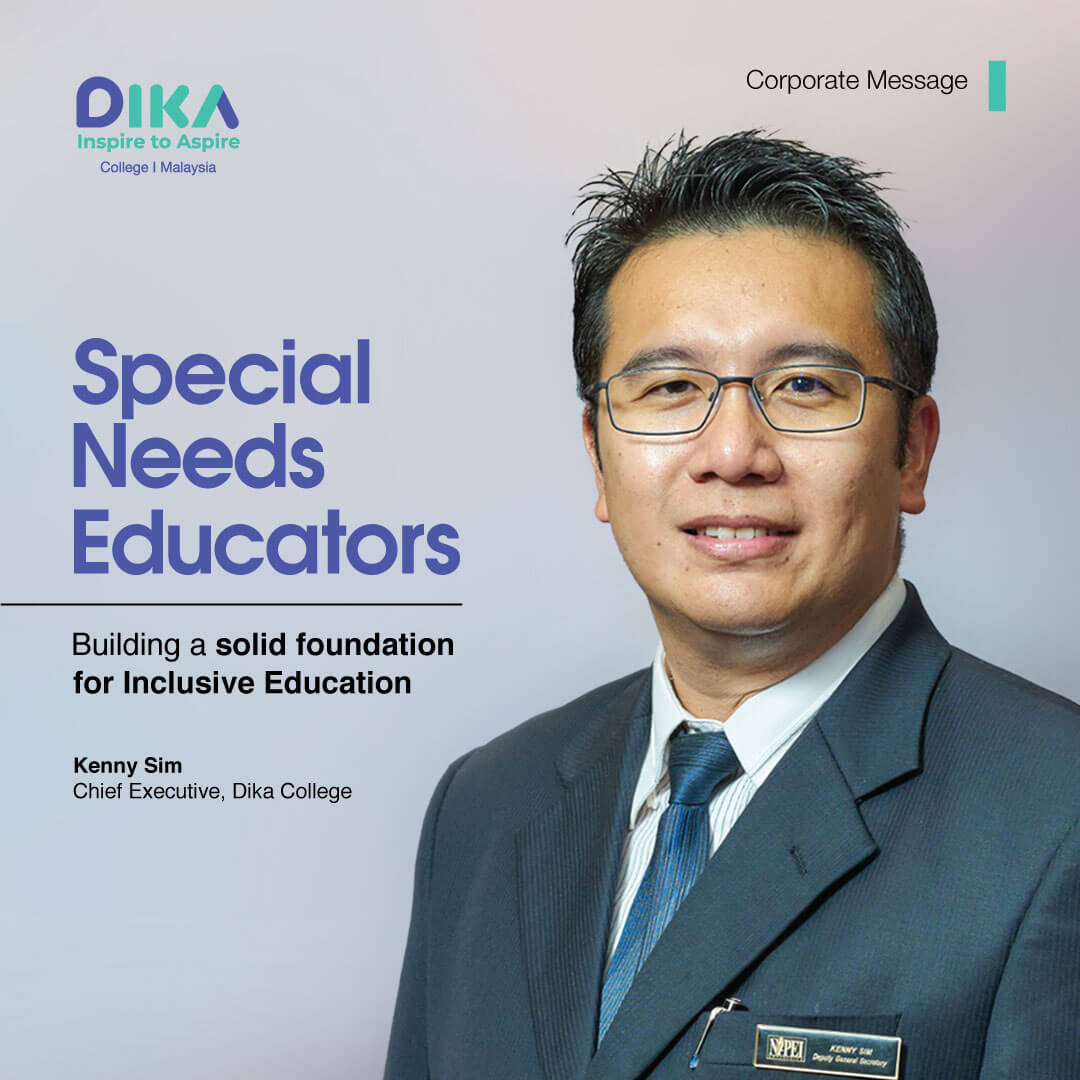
“The fact is we all have only a foot in, and if we continue down this road, we commit a great injustice to children who need our help.”
Kenny Sim
Chief Executive, Dika College
The Encounter
“I knew I had to go beyond the knee-jerk confines of just ‘help’.”
It happened some ten years ago, at a church service. A group of parents took to the podium to talk about their children who had special needs. What I heard moved me to tears. These individuals left high-paying careers, moved homes to provide their children better access to space, and took turns educating their children in the best way they knew how.
As they stoically shared their stories, the pain on their faces and the crack in their voices said a lot more about the challenges of their day-to-day life, that despite their sacrifices, they were at a loss as to what the future would bring for them and their child. As I sat there listening to their plea for assistance, I knew that what they truly needed would have to go beyond the knee-jerk confines of just ‘help’.
Inclusive Education
“The determination to embrace Inclusive Education must come with the answer to a crucial question, “Whose responsibility will it be to create its support system?””
Recently, I was asked the question, “What comes to mind when you think of the phrase ‘Inclusive Education’?”
A quick Google search would lead us to a standard definition, the gist of which lies in an intent to empower every child across the planet with the right to quality education and learning. The universal resolve is to close the education gap.
But to me, inclusive education is more than that, much more. It is about the coming together of parents, teachers, schools, specialists, entrepreneurs, industry captains and policymakers to nurture a partnership that creates a sustainable ecosystem for the child.
Therefore, the determination to embrace this concept must come with the answer to a crucial question, “Whose responsibility will it be to create this inclusive education support system?”
Both Feet In
“The key, therefore, is for everyone responsible for the child’s future to get both feet in, and establish a mutually supportive relationship with parents.”
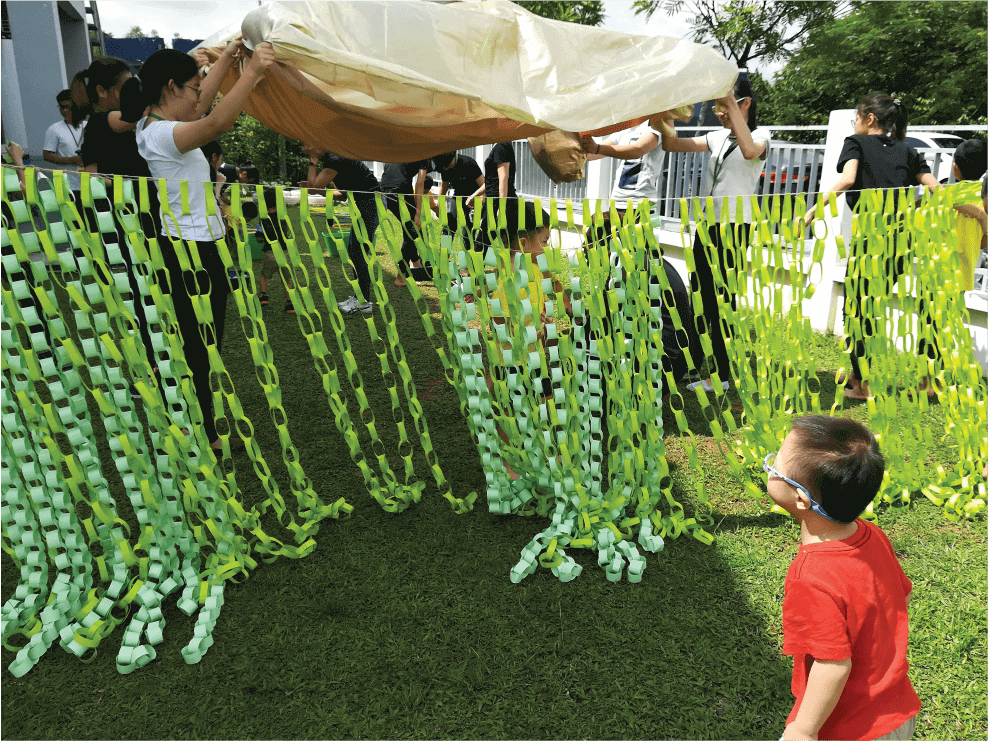
DIKA EXPERIENCE: Diploma in Special Education (Early Years) students are exposed to hands-on engagement sessions with children. File Pic Courtesy of DIKA COLLEGE.
In answering the question of responsibility, let’s look at the following standpoints:-
- From the authorities of the school who will say that they believe in inclusive education or who practice some semblance of it.
- From the parents who harbour the hope that by sending their child who has special needs to school, they would have solved all their challenges.
- From the educators who are resentful at the lack of participation from parents and disgruntled at being held solely responsible for the child’s welfare.
- From the specialists who may be unaware that the cost of their services restrict access to much-needed therapy for an already underserved community.
- From the policymakers who, despite doing so much, cannot make noticeable, let alone significant headway.
Regardless of the standpoint, a child is everyone’s responsibility, and more so that of the parents, because they play a vital role in partnering with persons who relate with their child.
The key, therefore, is for everyone who is responsible for the child’s future to get both feet in and establish a mutually supportive relationship with parents. Educators specifically spend a lot of time with a child, and well-trained Special Needs Educators can play a huge influence on a child’s development.
Educator Influence
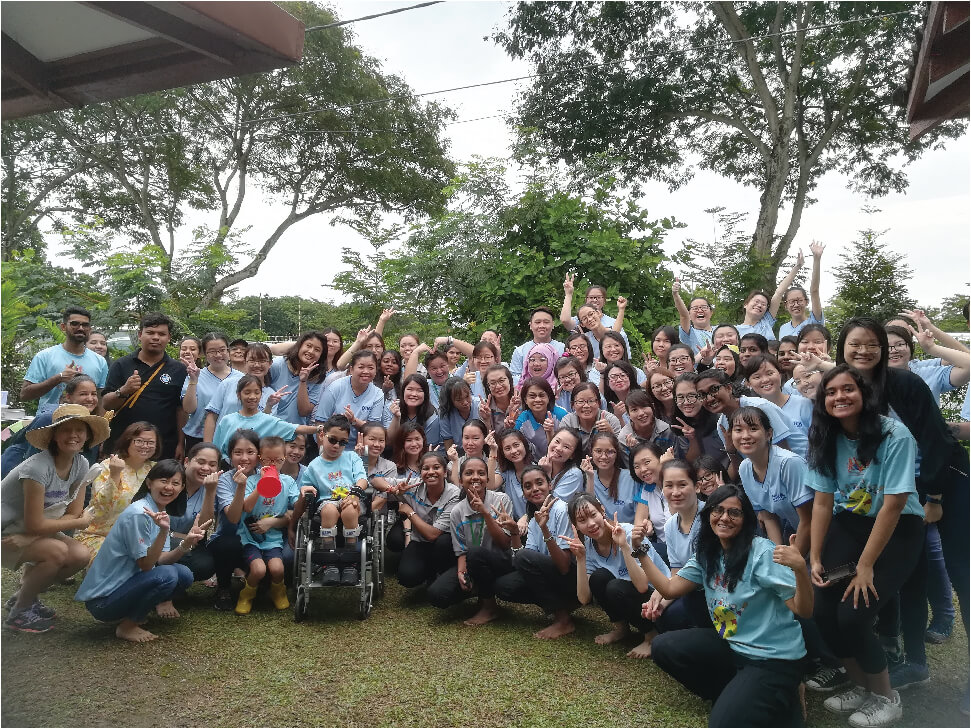
DIKA EXPERIENCE: Students from the Diploma in Special Education (Early Years) and the Diploma in Early Childhood Education participate in a sensory outdoor play session with children. File Pic Courtesy of DIKA COLLEGE.
“Special Needs Education (SNE) educators have more influence in achieving a truly inclusive education than any policy ever will.”
Starting a school and getting student enrolment is the easy part. I know this from my experience with R.E.A.L Kids but this is just half the battle. The challenge, and perhaps the biggest one, lies with hiring trained and experienced educators.
There is no doubt that the number of children with special needs is on the rise. On average, UNESCO estimates that 10% of the population in developing countries have special needs. UNICEF, on the other hand, estimates that the overall percentage of children in Malaysia with disabilities registered within the total student population in the national school system is around 1%, which suggests an underestimation.
What this also means is that there is a distinct shortage of special needs educators in Malaysia and the world. In my opinion, just as IR 4.0, Artificial Intelligence (AI) and data analytics are regarded as the jobs of the future, so will the careers for educators for children with special needs.
It is therefore imperative that parents see the potential of their children being special needs educators. Especially so if your child has a greater affinity for people than he does for machines, the exciting facets of working with children who have special needs will be the one-of-a-kind challenge that is uniquely suited for your child’s inclinations.
Dika Difference
“Lecturers maintain links with the industry and through various initiatives, enable students to gain from this advantage.”
The academicians at Dika College have extensive industry knowledge. This was instrumental in the crafting of our Diploma in Special Education (Early Years). We are the first college in Malaysia to offer an MQA accredited Diploma in Special Education (Early Years) since 2007.
Lecturers maintain links with the industry and through various initiatives, enable students to gain from this advantage. The recently concluded webinar entitled “Early Identification and Support Strategies During the Pandemic” is a good example of this commitment. The event brought together industry practitioners to share their insights on the topic.
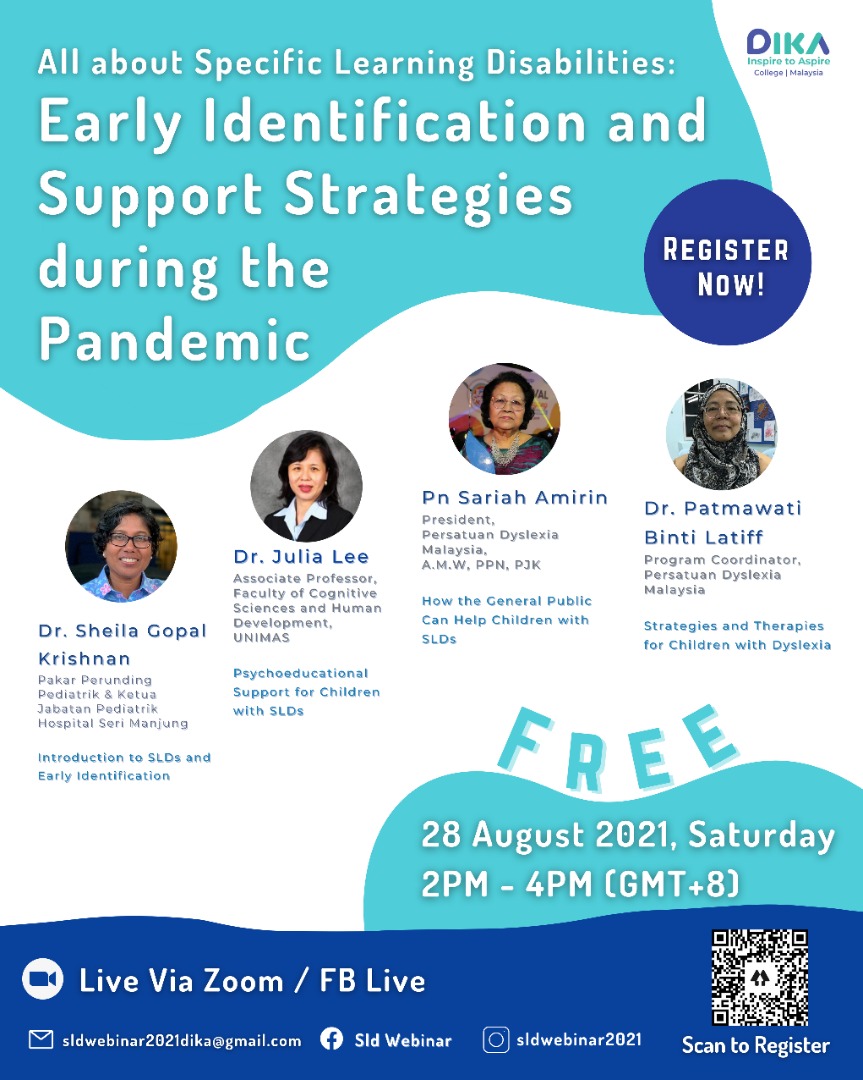
DIKA EXPERIENCE: The Seminar held on 28 August 2021 brought together an experienced panel of industry experts and leaders to share their knowledge and hands-on experience on “Early Identification and Support Strategies during the Pandemic”. File Pic Courtesy of DIKA COLLEGE.
The rigour and vigour with which the faculty members relentlessly impart their knowledge and know-how are matched by our alumni who have become highly qualified educators who advocate for children. Amongst them is Norhamimah Nazaruddin who works with children afflicted with cerebral palsy. Norhamimah is a shining example, and her commitment is as much admired as it is inspiring. I am happy to see so many of our alumni supporting and advocating for children.
True Joy
The road to achieving Inclusive Education is by no means easy, but our journey will be less challenging if we come together to play our role as partners to a child’s future. As the saying goes, it takes a village to raise a child. I hope that we can all experience the true joy that comes with supporting a fellow human being.
THANK YOU
Kenny Sim

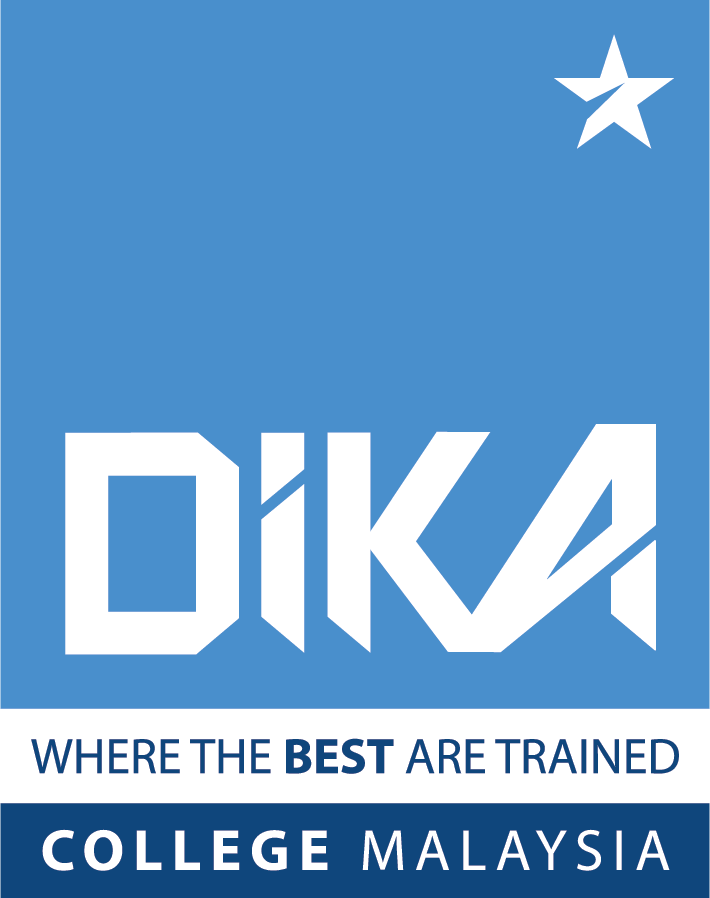

No Comments